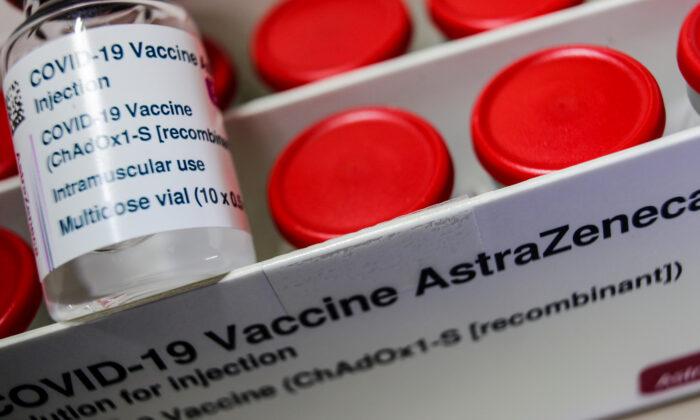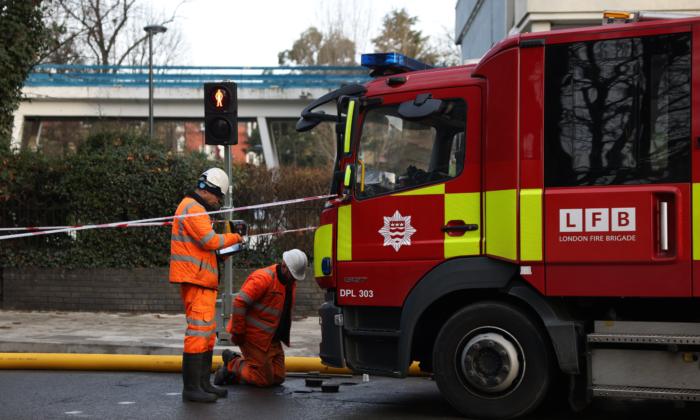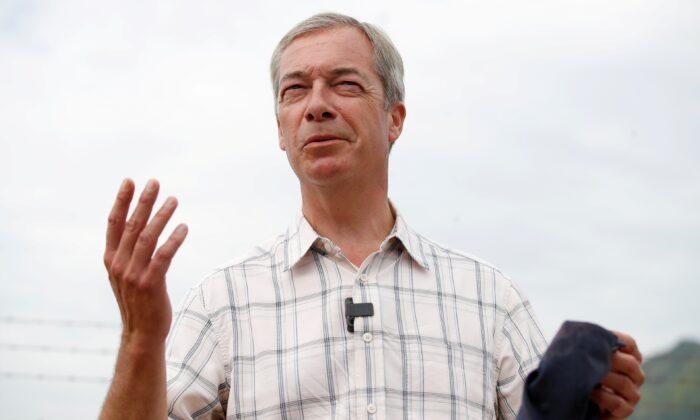The UK medicines regulator has said that 41 people have died after developing blood clots following vaccination with the Oxford/AstraZeneca COVID-19 vaccine, an increase of nine deaths from last week’s figures.
A total of 209 blood clot incidents have now been reported following vaccination with AstraZeneca’s shot, a rise of 41 from last week. These events occurred in 120 women and 89 men aged from 18 to 93, said MHRA.
The UK had administered 22 million first doses of the AstraZeneca vaccine by April 21. The overall incidence of blood clots is 9.3 per million doses, said the regulator.
It said the advice remains that “the benefits of the vaccine outweigh the risks in the majority of people.”
There has been scrutiny of the AstraZeneca vaccine on the issue of blood clots, with a higher incidence in younger people.
Last month, more than a dozen European countries—including France, Germany, Italy, and Spain—suspended usage of the AstraZeneca vaccine following reports of blood clots as well as several deaths in people who had received the shot. Most countries have resumed using the vaccine but some have suspended inoculations in older individuals.
Some Christians have also expressed ethical concerns over the development process of the vaccine.
The Oxford-AstraZeneca COVID-19 vaccine is an adenovirus vector vaccine that has been developed from kidney cell lines derived from a foetus aborted in 1973.






Friends Read Free